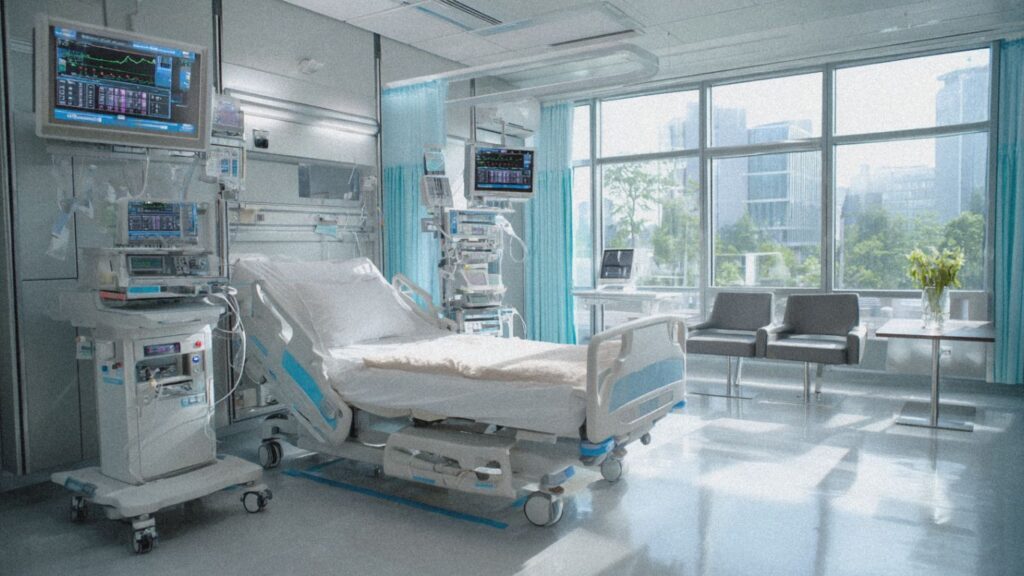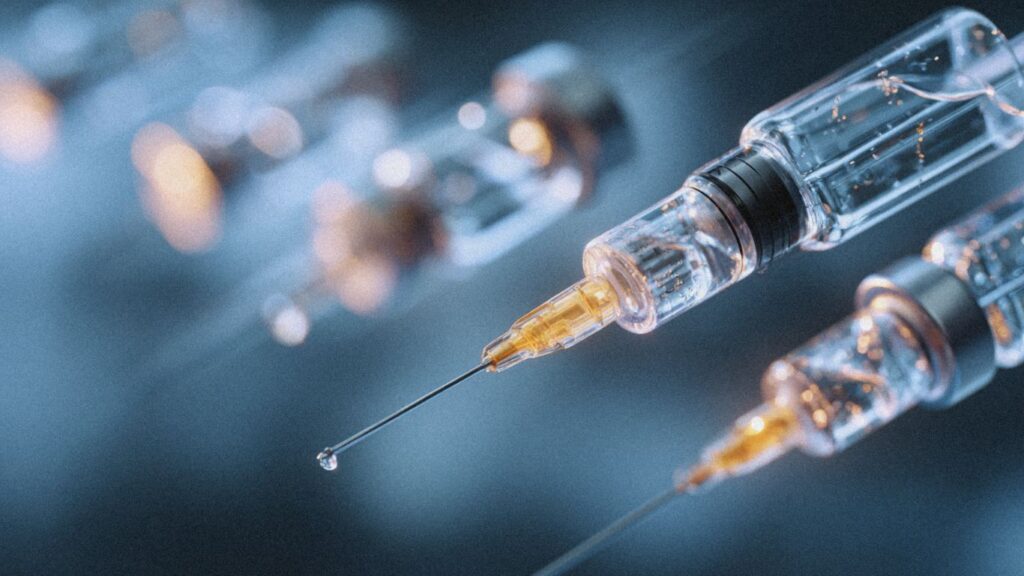The UK’s Medicines and Healthcare products Regulatory Agency (MHRA) has unveiled an innovative Early Access program that will allow certain high-priority medical devices to enter NHS use before completing full regulatory approval. This groundbreaking initiative represents a significant shift in medical device regulation, prioritizing patient access to life-saving technologies while maintaining robust safety monitoring throughout the pre-approval period.
Regulatory Innovation in Response to Unmet Need
The Early Access program addresses a fundamental challenge in medical device regulation: balancing the need for thorough safety and efficacy evaluation with urgent patient needs for breakthrough technologies. Traditional regulatory pathways, while essential for ensuring device safety, can delay patient access to potentially life-saving innovations by months or years.
The MHRA’s approach builds on lessons learned during the COVID-19 pandemic, when expedited regulatory processes successfully enabled rapid deployment of critical medical technologies without compromising safety standards. The program extends this emergency flexibility to address ongoing unmet medical needs across various therapeutic areas.
Rigorous Selection Criteria and Oversight
Qualification for the Early Access program requires meeting stringent criteria focused on addressing serious conditions with limited treatment alternatives. Devices must demonstrate compelling preliminary evidence of safety and effectiveness, target conditions with high unmet medical need, and show potential for significant patient benefit over existing alternatives.
The program incorporates continuous safety monitoring throughout the early access period, with real-world evidence collection and regular safety reviews. This approach enables early patient access while generating additional clinical data that can inform both regulatory decisions and clinical practice guidelines.

NHS Integration and Clinical Governance
Integration with NHS systems requires careful coordination between regulatory approval and clinical implementation. The program includes provisions for clinical governance oversight, physician training, and patient consent processes that ensure appropriate use of pre-approval devices within NHS care pathways.
NHS trusts participating in the Early Access program must establish robust clinical protocols, adverse event reporting systems, and patient monitoring procedures. This infrastructure ensures that early access doesn’t compromise patient safety or clinical care standards while providing valuable real-world evidence.
Impact on Innovation and Investment
The Early Access program could significantly influence medical device innovation and investment in the UK market. By reducing time-to-market for breakthrough technologies, the program enhances the commercial attractiveness of developing innovative devices for UK patients and healthcare systems.
International medical device companies may view the program as a competitive advantage for UK market entry, potentially attracting investment and development activities to the UK. The program could position the UK as a global leader in progressive medical device regulation that balances innovation with patient safety.
Global Regulatory Trends and Precedents
The MHRA’s initiative reflects broader international trends toward adaptive and flexible medical device regulation. Regulatory agencies worldwide are exploring mechanisms to accelerate access to breakthrough technologies while maintaining appropriate safety oversight, recognizing that traditional approval timelines may not match the pace of medical innovation.
Similar programs in other jurisdictions, including FDA’s Breakthrough Device Program and various compassionate use pathways, have demonstrated the feasibility of expedited access approaches. The UK program’s success could influence regulatory practices across Europe and globally.
Patient Access and Equity Considerations
Early access programs raise important questions about equitable patient access to experimental technologies. The MHRA must balance providing access to promising treatments with ensuring that early access doesn’t create disparities in care or inappropriate use of unproven technologies.
Patient selection criteria and geographic distribution of participating NHS trusts will be crucial factors in ensuring equitable access. The program includes provisions for monitoring access patterns and addressing potential disparities in early access availability across different patient populations and regions.
Clinical Evidence Generation and Real-World Data
The program’s emphasis on continuous evidence generation represents an innovative approach to regulatory decision-making that leverages real-world clinical data. This evidence can inform both regulatory approval decisions and clinical practice guidelines, potentially improving the overall evidence base for medical device use.
Real-world evidence collection requires sophisticated data systems and clinical protocols that can capture relevant safety and effectiveness outcomes. The program’s success will depend on the quality and comprehensiveness of evidence generated during the early access period.
Industry Collaboration and Stakeholder Engagement
Successful implementation requires close collaboration between device manufacturers, NHS providers, regulatory authorities, and patient advocacy groups. The program establishes frameworks for ongoing communication and feedback that can improve program effectiveness and address implementation challenges.
Industry engagement includes requirements for comprehensive safety reporting, clinical support, and evidence generation that extend beyond traditional regulatory obligations. This collaborative approach aims to maximize patient benefit while maintaining appropriate oversight and accountability.
Economic Impact and Healthcare Value
The program’s economic implications extend beyond direct device costs to include broader healthcare system impacts such as reduced treatment delays, improved patient outcomes, and potential cost savings from earlier intervention with effective technologies.
Economic evaluation of early access programs requires sophisticated analysis of clinical outcomes, healthcare utilization, and long-term cost implications. The MHRA’s program includes provisions for economic evidence generation that can inform both regulatory and reimbursement decisions.
International Competitiveness and Market Position
The Early Access program positions the UK as an attractive market for medical device innovation and commercialization. This competitive advantage could attract international investment and development activities while providing UK patients with earlier access to breakthrough technologies.
Global medical device companies may prioritize UK market entry and development activities based on the program’s potential to accelerate time-to-revenue and reduce regulatory uncertainty. This positioning could enhance the UK’s role in global medical device innovation ecosystems.
Future Evolution and Program Expansion
The program’s initial implementation will provide valuable experience that can inform future expansion and refinement. Success in early therapeutic areas could lead to broader application across additional device categories and medical conditions.
Continuous program evaluation and adaptation will be essential for maintaining effectiveness while addressing emerging challenges and opportunities. The MHRA’s commitment to evidence-based program evolution ensures that the Early Access pathway will continue improving patient access while maintaining appropriate safety standards.
The UK’s Early Access program represents a significant innovation in medical device regulation that could influence global approaches to balancing patient access with safety oversight, potentially transforming how breakthrough medical technologies reach patients worldwide.



